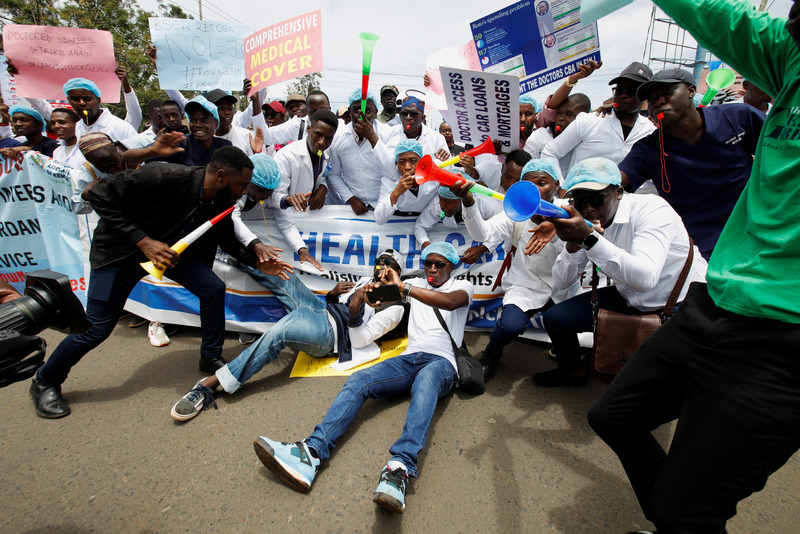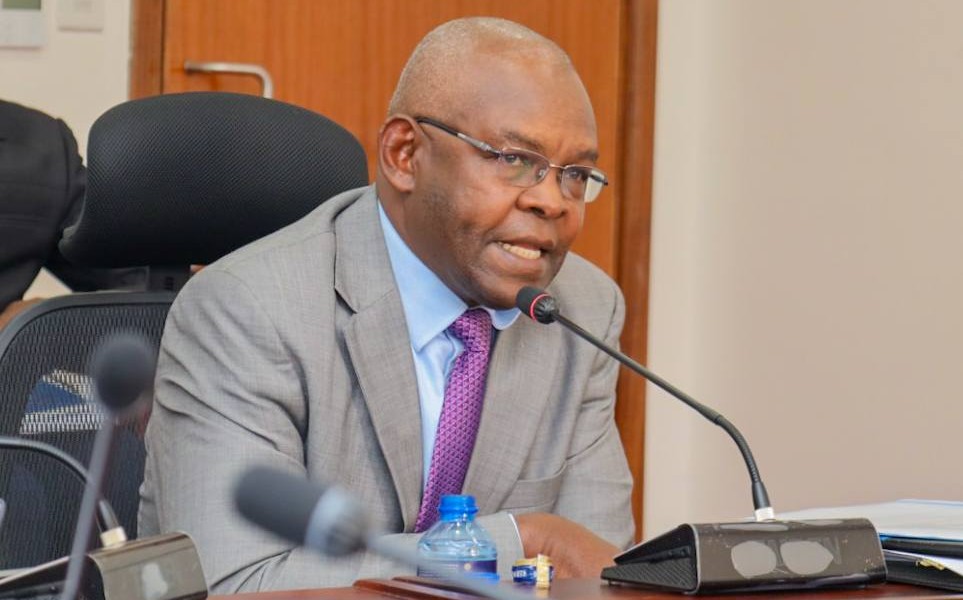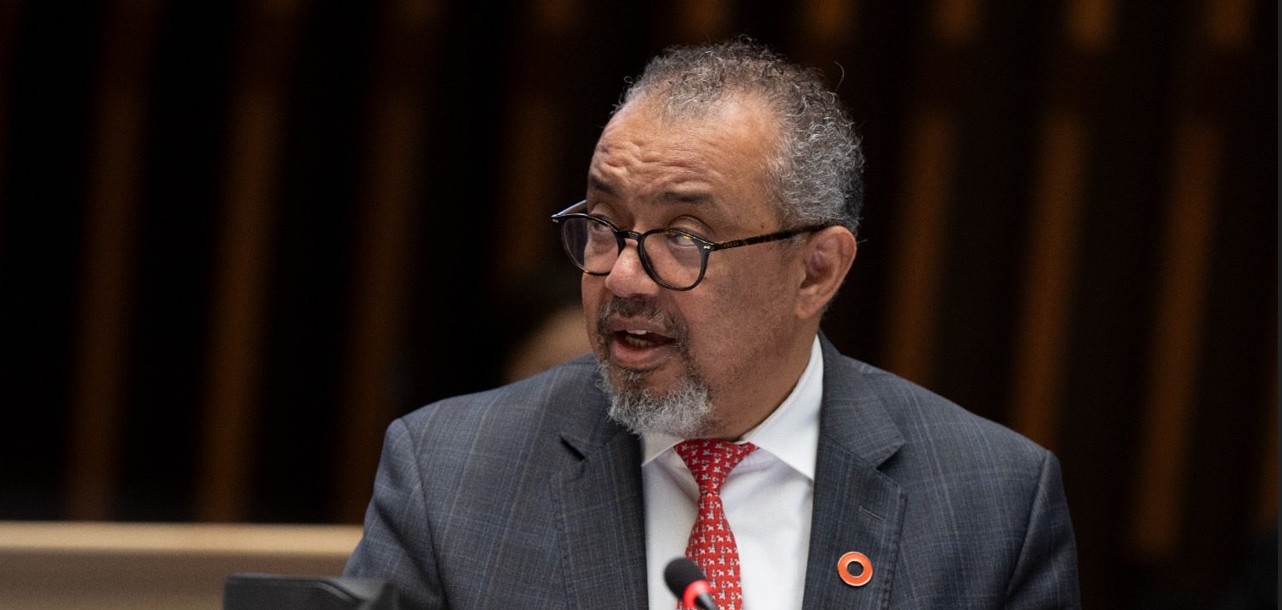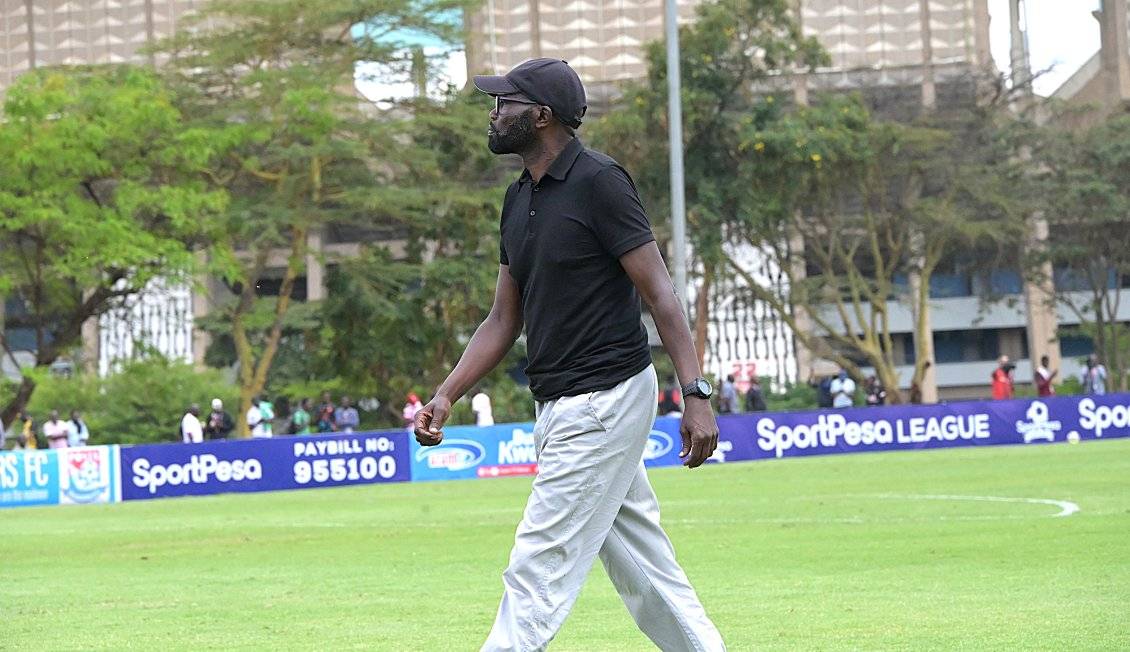Bill seeks to bar Kenyans from masking faces during protests

The Assembly and Demonstration Bill, 2024, seeks to enforce accountability and transparency on protest conveners and participants in the event of damage to property.
Kenyans participating in protests will be required to show their faces or face imprisonment for one year or a fine of Sh100,000 if a proposed bill seeking to tighten laws around the right to assembly is passed.
The Assembly and Demonstration Bill, 2024, sponsored by Mbeere North Member of Parliament Geoffrey Kiringa Ruku, is seeking to enforce accountability and transparency on protest conveners and participants in the event of damage to property.
More To Read
- Amnesty report shows at least 128 killed, 3,000 arrested in 2024–2025 Gen Z protests
- Sh100,000 fine: President William Ruto backs controversial Demonstration Bill 2024 amid backlash
- Public Service CS Ruku leads aid effort in Kibra, pledges full implementation of disaster plan
- MPs reject proposed controversial law on public demos over civil liberties concerns
- Loyalty or competence? The bane of Ruto’s cabinet appointees
- Cabinet approves bills to streamline project funding, boost traders' access to credit
"A person shall not, at an assembly or demonstration, wear a disguise or any other apparel or item which obscures his face or prevents his identification," the bill states.
It adds that "A person shall not wear any form of apparel that resembles any of the uniforms worn by security forces, including the police and the Kenya Defence Force, or possess any offensive weapon, otherwise that in pursuant of lawful authority."
The bill further states that where property damage occurs as a result of the assembly or demonstration, every participating person or organisation shall be held liable.
Those accused shall be required to provide sufficient proof that they took all reasonable steps to prevent the act that led to the damage, failing which they shall be prosecuted.
The bill further gives the police liberty to prevent protesters from deviating to a route different from the one specified in the notice of protest.
"The police may also restrict the gathering to a place or guide the participants along a route to ensure that vehicle or pedestrian traffic is not interfered with, that an appropriate distance is maintained between participants in the assembly and rival assemblies, access to property and workplaces; and the prevention of injury to persons or damage to property."
According to the Public Order Act, any person intending to convene a meeting or a public procession is required to notify the regulating officer of such intent 3-14 days before the proposed date, indicating the venue or route and name of the organiser and their physical address.
The bill that follows the 56-day doctors' strike that ended early this month also requires that protests be held between 6 am and 6 pm.
The doctors' strike had been declared illegal by the police on the grounds that it was disrupting normal activities on the roads and had turned into a public nuisance, with the participants blowing vuvuzelas and whistles in the process.
At the time, Inspector General of Police Japhet Koome said, "In the interest of national security, therefore, all respective police commanders have been instructed to deal with such situations firmly and decisively by the law. We wish to caution all doctors to refrain from infringing on the rights of others while demonstrating, and that their efforts to disrupt smooth operations of hospitals will not be tolerated."
The decision was, however, quashed by the High Court, which noted that the medics had the constitutional right to strike and picket peaceably and while unarmed.
Justice Jairus Ngaah ruled instead that any officers who may have violated the right to peaceful and unarmed picketing law be investigated.
Top Stories Today















































